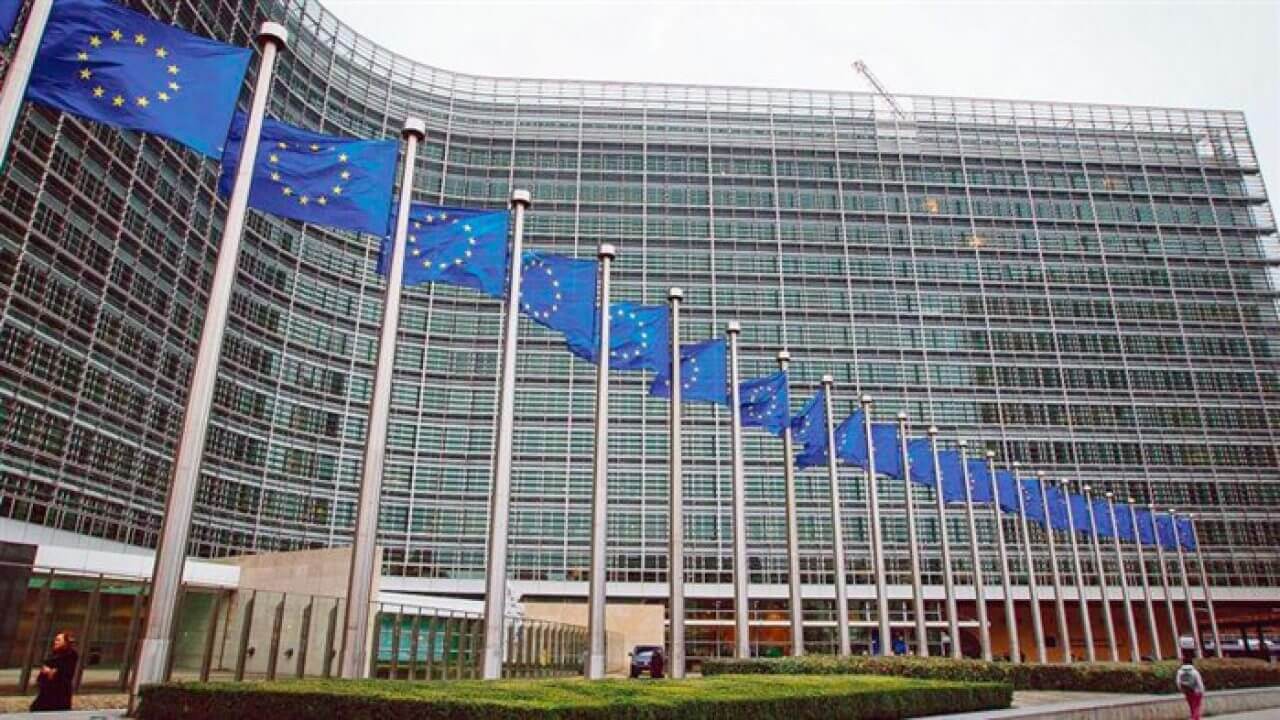The European Commission is examining Italy’s tax claim against Meta, the parent company of Facebook, following an escalation of the issue to the EU Commission’s VAT committee. This move marks a pivotal moment in how the tech industry faces taxation challenges.
The Italian tax authorities are pursuing Meta, known for owning platforms like Instagram, WhatsApp, and Oculus, over a potential tax liability of about 870 million euros ($954 million) in Italy. The investigation was triggered by Milan prosecutors after a tax police audit, centered around the concept that Meta’s user registrations might be considered a taxable transaction due to the exchange of personal data for membership access.
Despite Meta’s significant revenue, this case holds broader implications as it questions the tax framework concerning how online services are provided. Meta has strongly opposed the notion of taxing access to online platforms, emphasizing its disagreement with the idea of subjecting such services to sales tax (VAT).
Recognizing the sensitive nature of this issue, Italy’s tax agency sought a technical evaluation from the European Commission’s VAT committee, asking for an opinion on how online services provided by Meta in exchange for user data should be treated under VAT. While the committee’s evaluation is non-binding, a negative outcome could potentially halt Italy’s challenges against Meta, leading to the cessation of the criminal investigation by Milan prosecutors.
However, if VAT were deemed applicable in Italy, it would automatically extend to all other EU member states due to the harmonized nature of this tax within the European Union. This could consequently impact taxation for other multinational internet platforms that operate similarly, offering free access in exchange for user data.
The EU Commission declined to comment directly on the issue, citing the independence of the VAT committee, while the Italian tax agency refrained from providing any comments. Meta had not immediately responded to requests for comment at the time of reporting.
Previously, Italy has pursued tax-related settlements with other tech giants like Airbnb, which recently agreed to pay 576 million euros to settle outstanding income tax obligations for the period of 2017-2021 to the Italian Revenue Agency.





